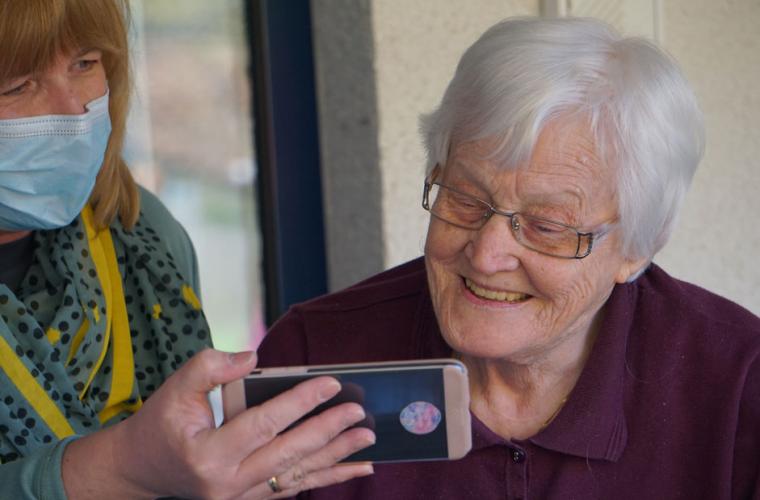Joint press release: Local Government Association (LGA) and Think Local Act Personal (TLAP)

A survey by Think Local Act Personal and the Local Government Association reveals that people who draw on care and support are finding it very hard to recruit and retain personal assistants (PAs), and that this worsened during the pandemic period.
There are around 70,000 people in England who employ a personal assistant. PAs play a vital role in supporting people to have choice and control in their lives but are too often ‘forgotten’ within the wider social care workforce.
The online survey – responded to by 995 people - shows that recruitment and retention are getting harder, regardless of the additional pressures imposed by Covid. Low pay and poor terms and conditions are the primary drivers, alongside the effects of the pandemic and a shortage of workers across social care.
Key findings
- 77 per cent of people who had needed to recruit a PA had found it more difficult and two thirds said people were taking jobs with better pay rather than PA jobs
- 59 per cent think it’s harder to find PAs with the right skills, values or training
- Low pay, poor terms and conditions and insufficient hours were key factors in PAs leaving.
Cllr David Fothergill, Chairman of the Local Government Association’s Community Wellbeing Board said:
“It’s worrying to hear about the struggle that many who draw on care have in recruiting and retaining personal assistants and highlights the continued issue all areas of social care currently have with finding and keeping staff.
“Personal assistants are a crucial part of the social care workforce; they deliver brilliant care and support and hugely enhance the lives of the people they work for.
“The responses to this survey are stark, and clearly show how much more support is needed in this vital area of social care. Thank you to all of those who took their time to respond and inform us of their concerns within this critical service.”
Martin Walker, TLAP Policy Advisor for Self-directed Support said:
“The experiences that people told us about and the wealth of detail in this report shine a light on part of the social care workforce who are too often forgotten.
“We know the Government is keen to increase the uptake of direct payments and a personalised approach in both health and social care, so we hope this report should stimulate some improvement for personal assistants and their employers.”
Notes to editors
- TLAP’s Care and Support jargon buster defines a Personal Assistant as “Someone you choose and employ to provide the support you need, in the way that suits you best. This may include cooking, cleaning, help with personal care such as washing and dressing, and other things such as getting out and about in your community. Your personal assistant can be paid through direct payments or a personal health budget.”
- Think Local Act Personal ( @TLAP) is a partnership committed to personalisation and community-based approaches across social care and health. TLAP brings together central and local government, people with lived experience, commissioners, providers and social enterprises to promote innovation and shared learning through its network, events and resources.
- Full survey results: Personal Assistant Survey - The Forgotten Workforce
